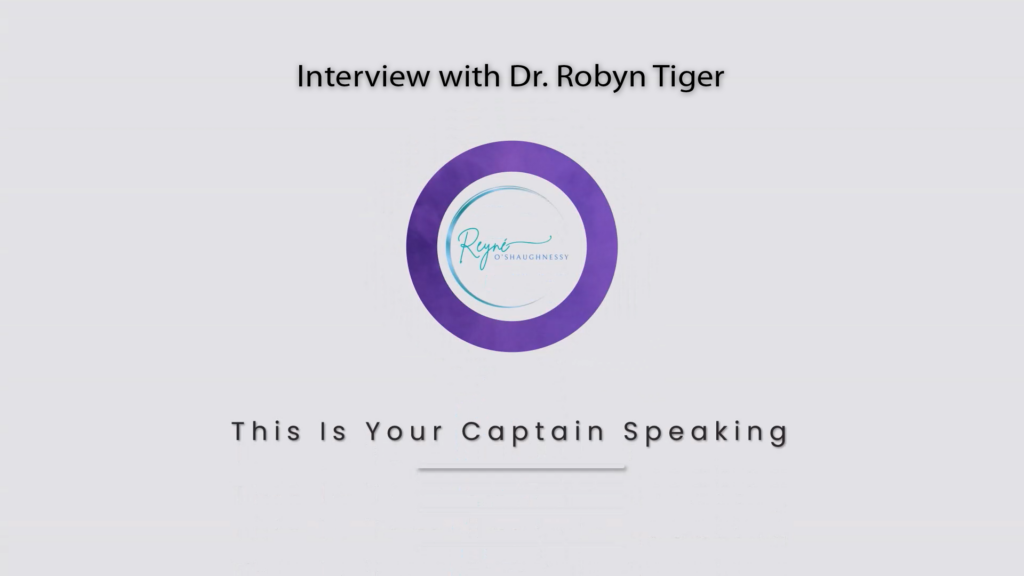Good self-care involves more than just eating an orange, showering, or brushing your teeth. It includes caring for yourself the way you would care for a child, with consideration and gentleness not just for your body but also for your mind and spirit. Mental health self-care is not taught in school and can also be less of a priority in a busy home. So, as we evolve into adulthood, we don’t develop adequate tools to manage our mental hygiene.
Mental self-care is especially difficult for caregivers. These are the folks who put the needs of partners, children, or adult parents first. In many cases, they’ve done it for so long that they consider taking care of themselves a selfish act. Confession: that was me!
I learned the hard way. I was a super mother, wife, daughter, and pilot. I was burning both ends of the candle and it showed in my physical and emotional health. Research suggests that people who take care of themselves have more energy to help others. You will actually help others more, if you tend to your own well-being.
And self-care is not something you do just when times get hard. By consistently doing small things for yourself, you fill up your “reservoir.” So, when life throws you a curve and the stressors are eating away at you, you’ll have somewhere to pull your energy from.
The thing is that it can be incredibly easy to start filling that reservoir. There are many small self-care activities that cost little or no money, involve minimal effort, and no new learning. Consider any of the below self-care activities. All you need is to give yourself permission to do them.
- Walk outside and notice nature
- Breath in air from an aromatic diffuser (5 drops of lavender oil and breath in)
- Drink herbal tea in your favorite cup in silence
- Get a massage
- Call a friend
- Listen to an inspirational talk
- Snuggle with your partner
- Buy fresh flowers for yourself
- Meditate
- Drink a cup of coffee in silence
- Buy a favorite magazine
- Pet your dog or cat
- Eat outdoors
- Wrap a blanket around you
- Watch a funny show
A famous Hungarian-American psychologist and the ‘father’ of positive psychology, Mihaly Csikszentmihalyi, notes that some self-care activities lead people to an experience known as flow. Flow has been described as the rapturous joy experienced when one is completely focused on and in alignment with a particular activity.
Honestly, who couldn’t use a little more rapturous joy in their life? So, try some of the above activities. Start with the ones that speak to you, that you believe will give you the greatest joy or that may possibly tap into your flow. I think you’ll find it rewarding and immediate.
So, what are you waiting for?
Get into your flow!


